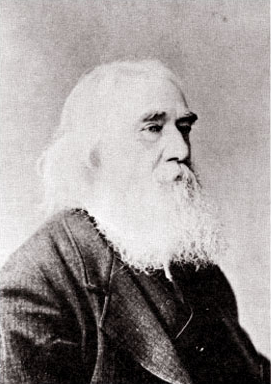The initial affair itself, that is. Andrew Coyne:
It is the element of deception that raises the conduct described in the ethics commissioner’s report from the merely unlawful to the potentially criminal.
Until now what we had thought we were dealing with was only a sustained and mounting campaign, by the prime minister and by those acting at his direction, to pressure the former attorney general of Canada to set aside the prosecution of SNC-Lavalin, a company with a long history of corruption and even longer history of contributing to the Liberal party, for reasons that explicitly included considerations of partisan advantage.
All of this was vastly improper on its own. Prosecutorial independence is one of the bedrock principles of our system of law, as fundamental as judicial independence. It is settled law that the attorney general, in consideration of a particular prosecution, may not be pressured by anyone, least of all the prime minister, for any reason, least of all partisan gain. Yet Jody Wilson-Raybould was, repeatedly, to the point of being threatened with dismissal if she did not capitulate.
Still, if unethical and contrary to law, this was relatively above board, in so far as the pressure on the attorney general was direct and undisguised: a scandal, to be sure, and grounds for more resignations than those submitted to date, but not, as the cliché has it, a crime. That, of course, is not the standard we should expect of public office holders — that they should merely avoid committing crimes — but it is at least a standard.
Whereas the conduct unearthed by the ethics commissioner may have fallen below even that line. What we have learned is that senior government officials were not just pressuring the former attorney general to interfere in a criminal proceeding, by the unprecedented means of overturning a decision of the independent director of public prosecutions: they were deceiving her.
They did so not only by keeping important information from her, but by providing her with misleading information. They acted, not only in concert with each other, but with officials at SNC-Lavalin, and they carried on this conspiracy to, in the commissioner’s words, “circumvent, undermine and ultimately attempt to discredit” the authority of the attorney general even as the company’s appeal of the DPP’s ruling was before Federal Court — a proceeding to which the attorney general, via the DPP, was a party.









